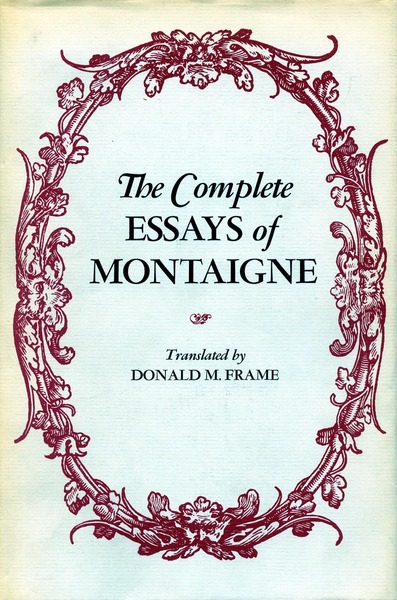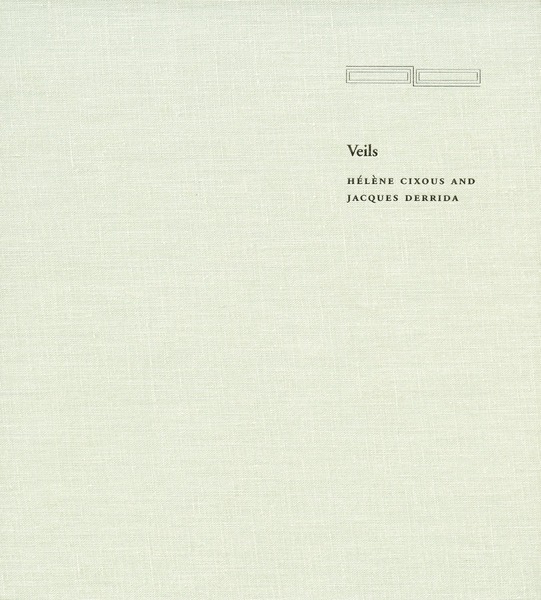In this new episode in the Conversations with Publishers series, guest is Margo Irvin, who’s an editor at Stanford University Press, where she’s been commissioning history and Jewish studies for the past five years. After studying comparative literature, Margo was an intern at Farrar Straus & Giroux and then spent five years as an editor at Routledge.

Stanford published its first book in 1892; the idea of publishing was written in to the plans for the new university from the outset. By 1939, the Press had nearly four hundred active titles, a dozen book series, and 70 employees.

Under Leon Selzer, press director from 1956, there were landmark publications such as Donald Frame’s new translation of the complete essays of Montaigne in 1958, and Roberta Wohlstetter’s prize-winning Pearl Harbor: Warning and Decision in ’62.
Under Grant Barnes, who took the helm in 1983, there was further expansion into the humanities and literary studies. SUP published prominent theorists such as Jacques Derrida, Hélène Cixous, and Pierre Bourdieu and works by British sociologist Anthony Giddens, for example.

In the past decade, under Alan Harvey, there’s been the launch of a new imprint of short, accessible books, Stanford Briefs; a new trade imprint, Redwood Press; and a Mellon Foundation-funded digital publishing program.
There was also in 2019, as many people interested in publishing will recall, the threatened withdrawal of funding from the press’s parent institution. This generated a huge support campaign on behalf of the press and eventually secured a reprieve from the university, though talk of ‘right-sizing’ the press rumbled on and similar language has certainly not vanished from discussions of university press publishing in general.
We do revisit that moment in this episode, but rather than rake over those coals in detail – anyone who wants to follow every point in the timeline, will find it at save-sup.org – we try to set that period in the press’s history in a wider cultural context.

The day Margo spoke to me from San Francisco, her most recent tweet was:
My window hummingbird feeder just arrived and I literally cannot remember the last time I was so excited about something
— Margo Irvin (@margoirvin) February 10, 2021
With most of us having worked from home for the best part of a year, that excitement seemed the obvious place to start.
